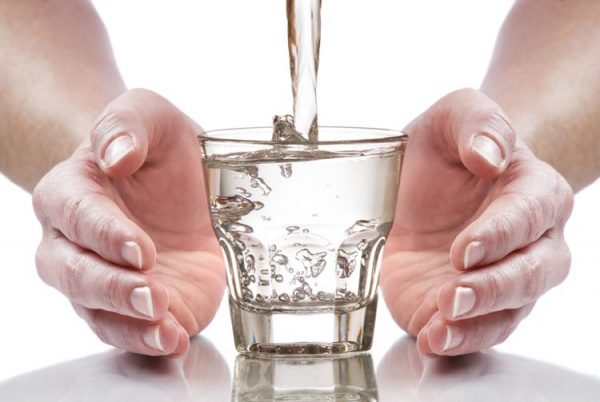
As you all know, water is one of the very important elements to life of all the living creatures including plants of the universe in various angles. It is also very important to maintain ecological balance of earth. People know that with two thirds of the earth’s surface covered by water and human body consisting of 75 percent of it, it is evidently clear that water is one of the prime elements responsible for life on earth.
Water circulates through the land just as it does through the human body, transporting, dissolving, replenishing nutrients and organic matter, while carrying away waste material. Further in the body, it regulates the activities of fluids, tissues, cells, lymph, blood and glandular secretions.

Water has been used since antiquity as a symbol by which to express devotion and purity. Some cultures, like the ancient Greeks, went as far as to worship gods who were thought to live in and command the waters.
Traditional and modern medicines have been makings use of the psychological and physiological diverse properties of water, in all forms of hydrotherapy. We all know of the simple, yet effective, calming qualities of a warm bath or the invigorating qualities of a cold shower. For centuries, numerous healing springs located all around the world have been recognized for their benefits.
Contrary to the past, our recent developed technological society has become indifferent to this miracle of life. Our natural heritage (rivers, seas and oceans) has been exploited, mistreated and contaminated.
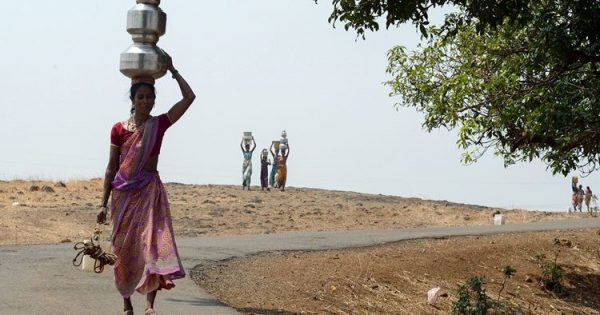
The population decline of the marine and riparian life, the appearance of green algae in the rivers and the stench and slime that comes as a result of putrefaction in the water, are clear signs of the depth and extent of disruption that has been caused to this intricate ecosystem.
Our drinking water today, far from being pure, contains some two hundred deadly commercial chemicals. Add to that bacteria, viruses, inorganic minerals (making the water hard) and you have a chemical cocktail that is unsuitable (if not deadly) for human consumption
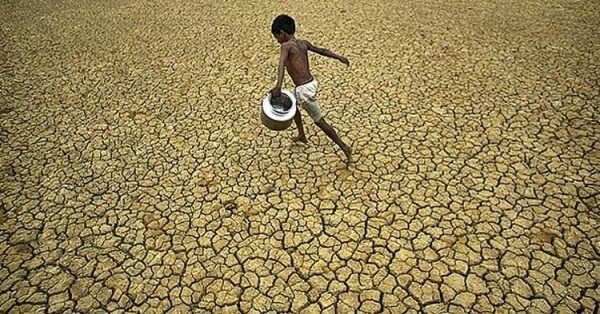
Water is involved in all bodily functions: digestion, assimilation, elimination, respiration, maintaining temperature (homeostasis) integrity and the strength of all bodily structures. Today, the water is polluted with hundreds of toxins and impurities. Authorities only test for a small number of them. Your body, being primarily water, requires sufficient daily water replacement in order to function efficiently.
Knowingly or unknowingly the above mentioned importance of the water, irony of the modern society is that due to bad or ineffective usage of the water, availability of source of water has become scarce. This is mainly because of urbanization and blocking of all the sources of ground water. If the trend goes like this and water management is not handled or carried out properly, days are not too far to beg even for a drop of water in the event of famine.

While mentioning the above points, I remember one movie, which I witnessed along with my family called “March 22”produced by one of the business icons of Dubai Harish Sherigar under the banner of’ ACME MOVIES’ directed by renowned director Kodlu Ramakrishna. In that movie it was clearly shown, depicted the importance of water, how people are struggling to have one sip of water in barren, dry land when the place is affected by famine. Although movie has not made much impact in box office due to lack of proper digestion, it could fetch two awards for its lyrics.
Imagine earth without water. The soil, with no water in it and nothing growing on it, would be lifeless, dead, collapsed into dust, sand, clay or rock. In California’s Central Valley where agriculture predominates and pulls water from the ground, this process is already beginning to happen. The earth used to be like a sponge, but where the groundwater has been sucked almost dry, like the Central Valley, the earth has collapsed and hardened. This is the process we call “subsidence.”
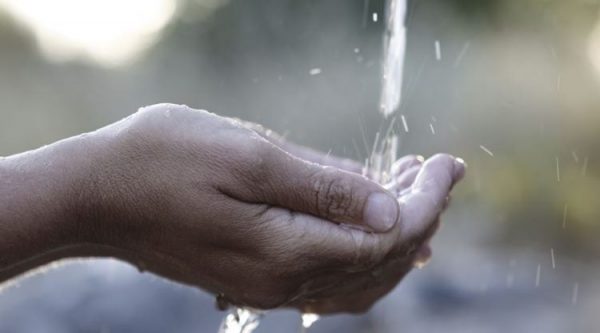
Now imagine the air without water. Clouds provide a buffer from the heating power of the sun. Without them it would pour down with no mercy. Dry air would suck out whatever moisture it could
The softening effect of water is also evident in the way it prepares seeds to grow. Many seeds have hard covers that keep them from growing until water is present. Water softens the seed cover enough for the little shoots to break out, then the soft soil, mixed with organic matter, provides a perfect medium for the shoots to grow into full-fledged plants.
Without water most seeds would be too hard to grow, and the ground would be too hard or sandy to absorb and hold rain. Without water storage, droughts would kill, and earthquakes would be severe.
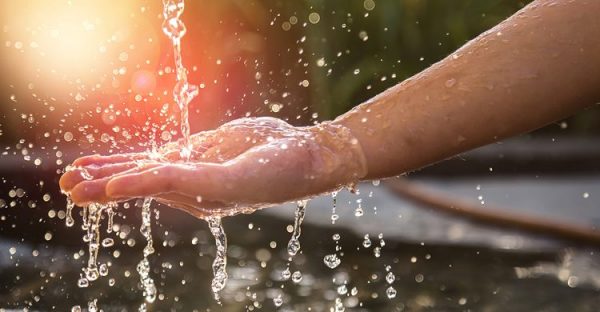
Water also enables transportation. Throughout the earth and the bodies of living things, water is used to transport both nutrients and wastes. On land, water transports nutrients and rich soils from the mountains to lower altitudes on the way to the sea. In the ocean, water currents disperse nutrients throughout the world.
Humans use waterways to transport goods via boats and barges. Water in plant sap and blood transports nutrients and wastes to and from cells. In the human and animal brain water transports electrical charges, which allow us to think clearly.
Without water there would be no dispersal of nutrients, electrical messages, or mass transit of goods and services that help life prosper.
Besides above all facts water also enables reproduction. Water is a key component of birth – the reproductive cycle of all animals mimicking the life-spawning ocean. In mammals, sperm are carried by water to impregnate the egg. Once impregnated, all nutrients in a female’s body that a baby will need are carried by water (amniotic fluid) to the womb, before leftovers are distributed to the mother. Babies are born with a gush of water and are immediately fed with water that is nutrient rich. Birds produce eggs that are mostly water mixed with nutrients for the growing life inside.
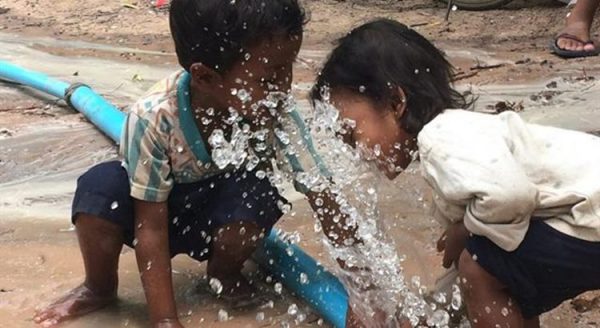
Without water there would be no reproduction, hence continuation of life as we know it.
In addition to being the soup from which life emerged, the ocean and other water bodies act as home for more life than what lives on land. Mammals, fish, birds, insects, trees, plants, algae, krill, and many other forms of life either live directly in water or are wholly dependent upon it for survival. This includes the tiny iceworms, copepods, and diatoms that inhabit trillions of minuscule tunnels in icebergs and their undersides, providing food for whales and fish that migrate to the poles to eat.
Without water life would lose its primary food source.
Water and carbon dioxide are the two key components of plant photosynthesis, which is how plants make their food. Bees use water to make honey, flowers use water to make nectar, trees use water to make pitch, spiders and snakes use water to make venom, and termites mix saliva with mud to make their homes.
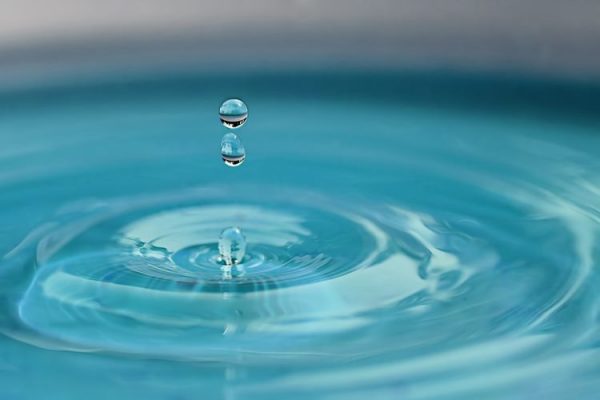
Humans use water to make paint, dyes, inks, all kinds of drinks, and we bottle it straight. We use it for paper, fabrics, food processing, chemical compounds, and the manufacture of hundreds of other products essential to modern living.
Without water, plants and many insects and arthropods could not survive, nor would humans have developed the foods and industries we have.
To humans, as creators of our own lives, water is our servant. We use it to grow crops and livestock, to cleanse and keep ourselves healthy, to stimulate ideas for products, and to transport those products. We use its cycles to helps us understand ourselves and to remind us that our own lives also work in cycles.
But if we abuse water, like masters have a tendency to do with servants, if we don’t care for it and preserve it, we will end up destroying ourselves. We need the rain forests, the swamplands, the open rivers and lakes, the estuaries, icebergs, snow tops – water in all its natural forms we need. And so does the rest of life.
If, instead of commanding it, we could conceive of ourselves as a partner or an intelligent component of water’s own rain and storage cycle, it might encourage us to be more respectful of what water can do and more careful of the way we utilize it.
0
W ith water, we thrive. Without water, there is no life. We must learn to value, conserve, and take care of the water we have.
My humble request with Kannadigaworld readers is that cultivate the habit of knowing the value and importance of water, conserve and manages the usage of water efficiently. Because water is the source of our life and don’t give any room for” water, water everywhere but nor any drops to drink.”
Shekar Moily



Comments are closed.